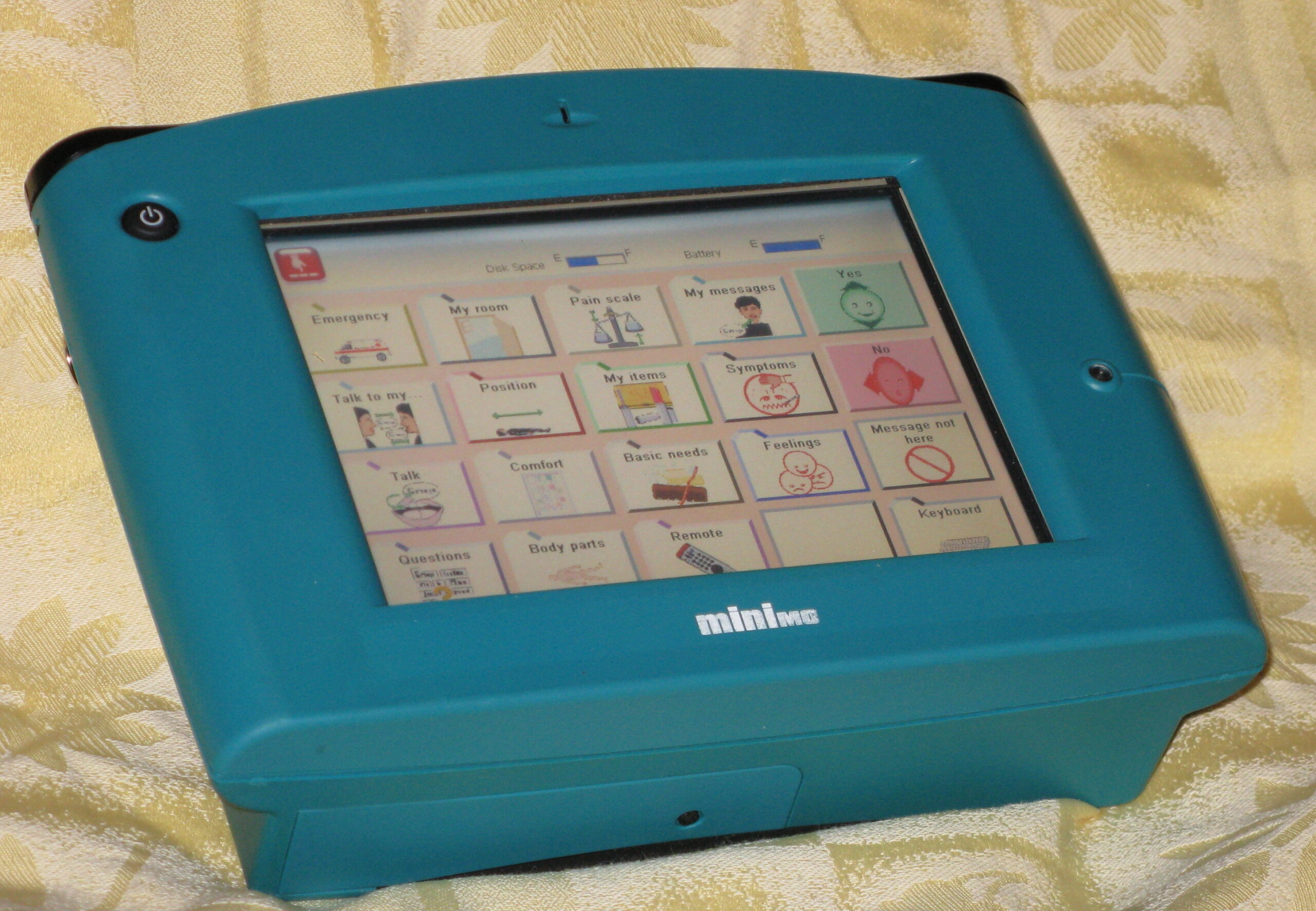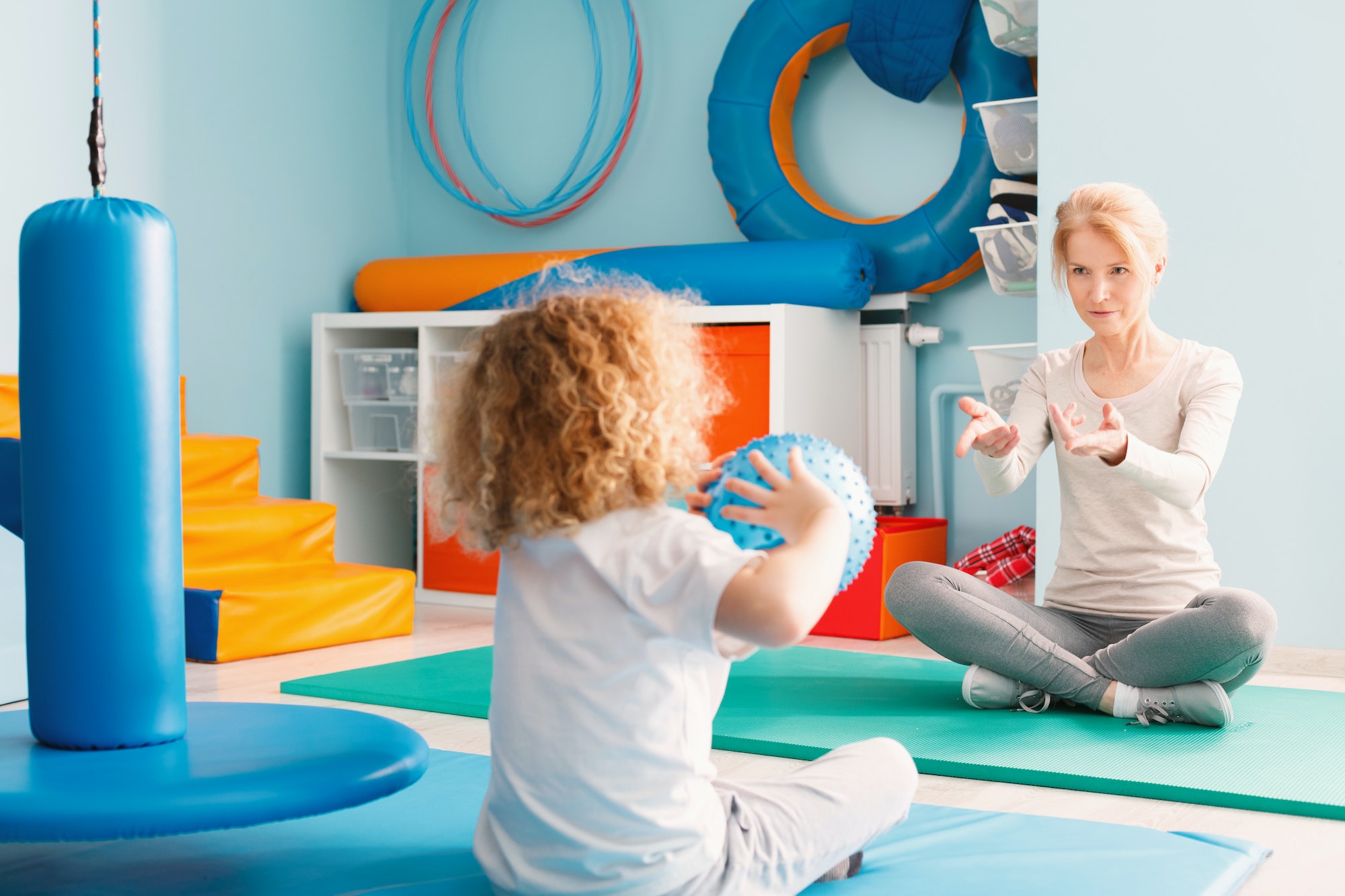Parenting
Handling Headbanging In Children With Autism
Effectively Handle Headbanging
Parenting a child with autism can present unique challenges, and one of the behaviors you may encounter is headbanging. Headbanging is a self-stimulatory behavior commonly observed in children on the autism spectrum, particularly those who are non-verbal. As a parent, it’s crucial to understand why headbanging occurs and how to effectively manage it. In this guide, we’ll provide insights into the reasons behind headbanging and offer practical strategies to handle this behavior with care and compassion.
Understand the Reasons
Headbanging often serves as a means of communication or self-regulation for children with autism. By identifying the underlying triggers, you can better respond to your child’s needs. Common reasons for headbanging include:
- Self-Stimulation: Headbanging in children with autism can serve as a self-stimulatory behavior because it provides sensory feedback and stimulation, which may help regulate their sensory processing difficulties. Additionally, the repetitive rhythmic motion of headbanging may offer a way for children with autism to engage in self-soothing and self-regulating behaviors.
- Sensory Overload: Sensory sensitivity or overload can lead to headbanging as a way for the child to seek relief or block out overwhelming sensations.
- Communication Frustration: Non-verbal children may resort to headbanging when they struggle to express their needs or frustrations.
- Anxiety or Distress: Headbanging may occur when a child is feeling anxious, stressed, or unable to cope with a particular situation.
Create a Safe Environment

Soft Surfaces
Pad sharp corners and edges in your home to prevent serious harm. Use cushions or padded flooring in areas where headbanging is likely to occur.

Clear the Area
Remove objects that could cause injury during headbanging episodes. Keep the space clutter-free and provide a safe area for your child to engage in self-stimulatory behaviors.

Develop Communication Alternatives
Encouraging effective communication can reduce the frequency of headbanging:

Visual Supports
Utilize visual aids such as picture schedules, choice boards, or social stories to help your child communicate their needs and wants more effectively.

Augmentative and Alternative Communication (AAC) Systems
Explore AAC options like sign language, PECS (Picture Exchange Communication System), or speech-generating devices to enhance your child's ability to express themselves.

Positive Reinforcement
Praise and reward your child when they use alternative communication methods successfully. This positive reinforcement can motivate and reinforce the desired behavior.
Seek Professional Guidance
Consult with professionals experienced in autism spectrum disorders to develop an individualized plan for your child:

Behavioral Therapist
A behavioral therapist can help identify triggers, develop strategies, and create a behavior support plan to address headbanging.

Occupational Therapist
An occupational therapist can offer sensory integration strategies to address sensory processing difficulties that may contribute to headbanging.

Speech-Language Pathologist
A speech-language pathologist can provide guidance on augmentative and alternative communication methods tailored to your child's needs.
Implement Calming Techniques
Explore calming techniques to help your child regulate their emotions and reduce headbanging:

Deep Pressure
Gentle, deep pressure can provide a calming effect. Try using weighted blankets, compression clothing, or therapeutic brushes.

Sensory Breaks
Introduce regular sensory breaks where your child can engage in activities that provide sensory input, such as swinging, jumping on a trampoline, or using fidget toys.

Relaxation Techniques
Teach your child simple relaxation techniques, such as deep breathing exercises or guided imagery, to help them manage anxiety and stress.
Parents Dealing With Headbanging
Parents of children with autism can experience significant stress when witnessing their child engaging in headbanging behavior. It is important to emphasize that this stress is not the fault of the parents, and it is completely understandable to feel overwhelmed and stressed out in such situations. There are several reasons why parents may feel this way:
- Concern for their child’s well-being: Headbanging can be distressing to witness because it poses potential risks to the child’s safety and health. Parents naturally worry about the possibility of their child injuring themselves during these episodes. This concern for their child’s physical well-being can lead to increased stress and anxiety.
- Emotional connection: Parents typically have a deep emotional bond with their children, and witnessing their child engage in headbanging behavior can be heartbreaking. It is distressing to see their child in pain or discomfort, and parents may feel helpless and frustrated when they are unable to alleviate their child’s distress.
- Social stigma and judgment: Parents of children with autism often face societal misconceptions and judgments. When their child engages in headbanging, it can draw attention and potentially lead to negative assumptions or comments from others who may not understand the behavior. The fear of being judged or blamed can contribute to parental stress.
- Constant challenges: Raising a child with autism can present unique and ongoing challenges. The day-to-day demands of managing their child’s needs, therapies, and navigating systems of support can be exhausting. Headbanging behavior adds another layer of complexity, making it more difficult for parents to cope with the already demanding responsibilities they face.
It is essential to reassure parents that feeling stressed by their child’s headbanging behavior is completely normal and understandable. It does not reflect any shortcomings on their part as parents. Parenting is a challenging task for anyone, and parents of children with autism face additional hurdles that can be overwhelming at times.
It is crucial for parents to seek support, both from professionals who specialize in autism and from other parents who may have similar experiences. They should be encouraged to engage in self-care activities and reach out for help when needed. It is also important for parents to recognize that their emotional well-being is vital for them to provide the best care and support for their child.
Guide Disclaimer
The information provided in this article is intended for general informational purposes only and should not be considered as professional advice or a substitute for medical, therapeutic, or educational guidance. Every individual’s needs are unique, and what works for one person may not work for another. It is essential to consult with qualified professionals, such as doctors, psychologists, therapists, or educators, who can provide individualized recommendations and support tailored to your specific needs.


